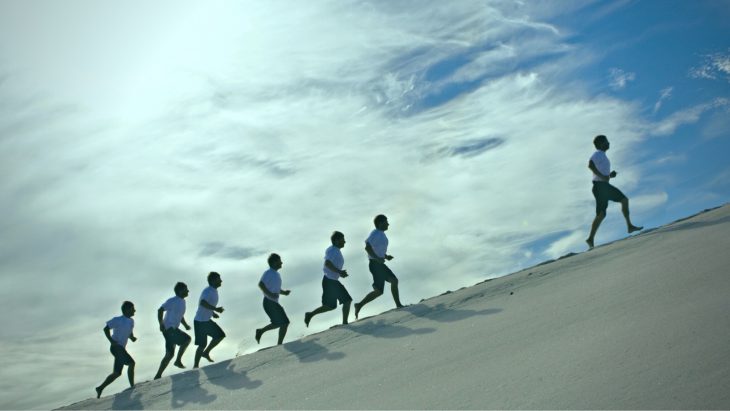We tend to believe that motivation leads to better performance, but have you ever wondered about the other factors involved? A team of researchers in the United States and the United Kingdom wanted to test if testosterone reactivity directly influences competitive endurance in men and women. The competition’s outcome has a major role to play on an individual’s testosterone’s reactivity. They hypothesize that a person will be more motivated to compete if there is a reward at the end, such as social status or the pride of being “the best.” The researchers wanted to understand the effect of testosterone reactivity on how a person performs in a competition, and how much it varies from person to person.
The first study was designed to test if higher testosterone reactivity leads an individual to have greater endurance. This study is based on the hypothesis that the testosterone response to competition is inextricably linked to, or might even possibly regulate, naturally occurring individual differences in competitive performances. Since factors like the presence of opponents, gender of the participant, and the rules of the competition can influence levels of testosterone, they were put to the test as well.
One hundred and ninety students were asked to participate in an experiment where they held a weight at arm’s length and shoulder height. The objective was to lift dumbbells. The winner of the contest will be the participant that held on to the dumbbell longer than their opponent. This was done in order to create a sense of competition among all the participants.
The contest took place in pairs and individually. In the “individual’ form, the participant was told they were competing against an opponent, but the opponent was not revealed. To check the change in testosterone levels, participants gave saliva samples three times: before, immediately after, and 15 minutes after completing the competition.
Men have significantly higher testosterone levels than women. However, no major relationship between testosterone and competitiveness was discovered. The testosterone levels decreased in both men and women after the competition ended. This observation was the same for the pairs of contestants.
The second experiment involved two hundred and eight students. They were given the same task as in the first experiment. This time, they changed the rules for choosing the winner. There was a cash prize for the top performing contestants. Participants were also assigned to a random team, and the teams then competed for a grand prize.
Again, saliva samples were collected at the same time points. This time there was a positive relationship between increasing testosterone levels and an individual’s performance. They interpreted this to mean that participants did perform better than others when the opponent team was present. Men were able to hold weights for longer periods compared to women, thus they comparatively performed better than women overall.
Levels of testosterone did positively predict better performance and endurance in the course of a competition in the second experiment. The potential gains from winning were higher in the second experiment than in the first. The researchers concluded that hormonal reactivity may motivate a person to seek status or ranking, and these traits may translate into competitiveness.
The study presented unique evidence of a positive connection between testosterone reactivity to a competitive social challenge in men. Here, increased testosterone during the duration of the competition was correlated to longer periods of holding the weight among males who won against an opponent. These results suggest that there is a three-way relationship between hormonal reactivity to testosterone, performance, and competitiveness — and sweetening the deal for potential winners seems to strengthen the effects.


